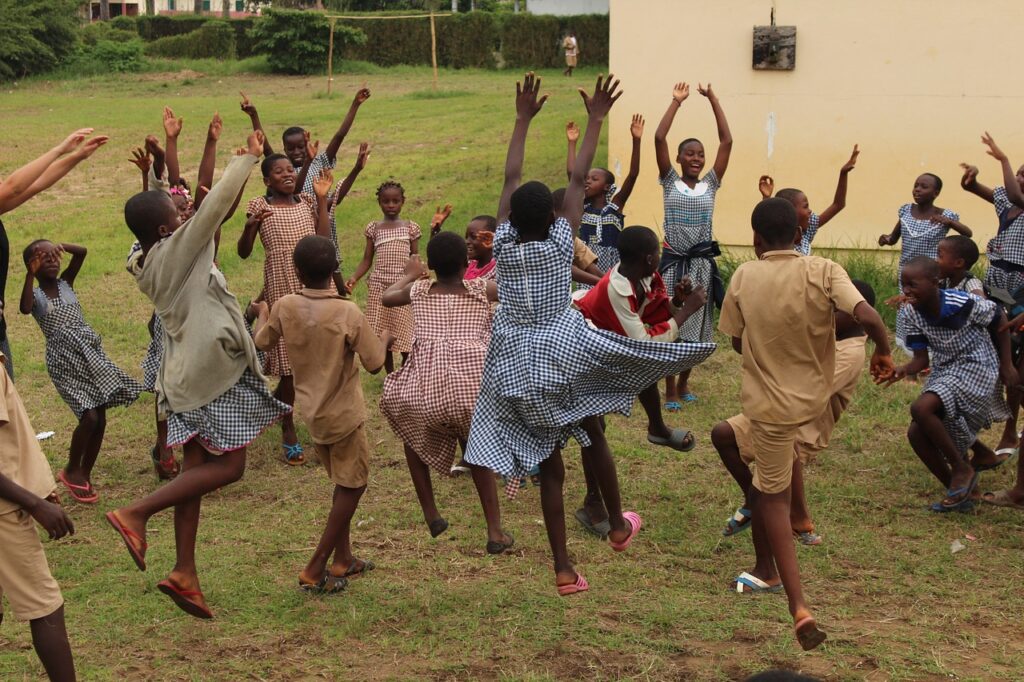Does education in Haiti have as its mission the development of young people of both sexes? Far from there ! Our schools have always been the place where social inequalities are reproduced par excellence. As for the prejudices linked to sex, let’s not talk about it! Photo credit: Iauhun (Pixabay)
In recent days, the desire for gender-sensitive education has taken on a whole new dimension. But how to achieve this without creating more frustration alongside other inequalities and prejudices?
Our school system: a system of inequalities
This is my first concern. We have a multi-speed education. On the one hand, we find the “big” schools where posh families enroll their children. Curricula vary from school to school. Without forgetting the others… The schools of the lower classes: the high schools, the colleges which abound in the underprivileged districts, without control of the State.
Within these schools, which are similar to the Haitian prison system, around fifty innocent people, side by side, expiate the sins of their ancestors: black color, rural origins, poverty, and so on. Discrimination is the unacknowledged cause of school failure for many of these children.
Gender stereotypes and women’s empowerment
Certain forms of discrimination represent an obstacle to the empowerment of certain social categories. The minimal participation of women in the decision-making spheres of the country is a great proof. Sexism and gender stereotypes have a lot to do with it. Because the image of women is attached to a certain incompetence in decision-making positions.
For gender sensitive education
Good news… Well-meaning souls in Haiti want to tackle this problem, such as feminist organizations. Just like the OIF which supports a support program for educators on gender equality. However, the results still seem to be a long way off. Since the educational staff is already overwhelmed by the various problems of the students.
But how can the educator go about it without running the risk of neglecting other important elements of the child’s life by dint of focusing on the gender aspect. Even if it means missing out on certain signs of suffering. How not to be hypersensitive to gender? And how do you embrace each child in their wholeness and uniqueness without creating more frustration and tension?
Each child is the story of his family and carries in his DNA all the evils and all the contradictions of his society. Faced with each child, the educator meets his family trajectory, the wounds of his social class. We cannot pretend to change without becoming aware of all this complexity of the child which risks echoing the reality of the undervalued teacher. This requires awareness of one’s own biases towards each child.
Photo credit: georgephoto (Pixabay)
For public policies on gender equality
In terms of achieving gender equality, this will not be possible without a change in the overall living conditions of the population. That said, this equality is not possible without the redistribution of wealth and a fair distribution of the economy that takes into account the economic needs of girls and women. The economic independence of women is more than vital.
On the other hand, it is time for progress in key sectors such as politics and justice. We need real public policies and legal texts to ensure greater representation of women in politics and the economy and to promote their access to decision-making positions in businesses and local institutions. The problem is even more complex than it looks and will have to involve all sectors of national life.
Faced with this daunting challenge, education has a major role to play. To attack the problem through education is to take note of a possible change. The Brazilian pedagogue, Paulo Freire, put it so well: “To educate is to believe in change”.
Photo credit: Pieter01 (Pixabay)
